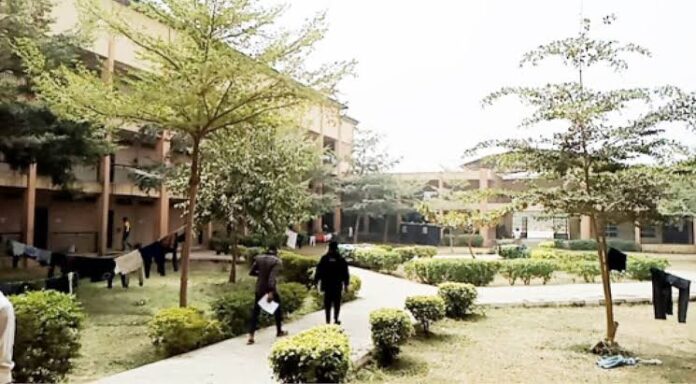The Issue At Hand
In a recent statement issued by the Academic Staff Union of Universities (ASUU) and the Senior Staff Association of Nigerian Universities (SSANU), concerns were raised the Senior Staff Association of Nigerian Universities (SSANU), concerns were raised over the deteriorating state of Nigeria’s higher education system. This statement, delivered in late September 2024, highlights the discrepancy between the increasing number of tertiary institutions and the severe lack of resources, which has hindered the ability of these institutions the deliver quality education.
One of the key points raised was the need for adequate funding, with a call for the Nigerian government to raise the education budget to 26% of the national budget, in line with UNESCO recommendations. Currently, underfunding has led to insufficient infrastructure, inadequate staffing, and poor learning environments. This shortfall is not just limited to physical infrastructure but extends to research facilities, teaching materials, and modern technology. For years, universities have been struggling to maintain basic standards, resulting in frequent strikes and disruptions to the academic calendar. A recent statement from the Tertiary Education Trust Fund (TETFund), established to provide additional financial support for higher institutions, has been instrumental in addressing some of these challenges, revealed that ₦198 billion was allocated for various educational projects across Nigerian tertiary institutions in 2023.
Following the money
Despite this, significant issues surrounding corruption and mismanagement persist in many of these institutions, with funds often not reaching their intended targets. The global community, including international donors such as the World Bank and the African Development Bank, has contributed to educational projects, although the actual impact of these contributions remains questionable.
In previous years, TETFund’s intervention aimed at bolstering research funding, which saw an increase in the National Research Fund (NRF) to ₦7.5 billion by 2020. Notably, university officials in various parts of Nigeria have been implicated in mismanaging research grants. In some cases, funds disbursed for critical projects, such as laboratory setups and high-impact university interventions, have been siponed off with little accountability.
Despite these interventions, many universities still suffer from infrastructure decay and poor academic output, a situation exacerbated by the misallocation of funds. The constant reports of fraud, such as those involving university leaders misusing TETFund allocations, highlight loopholes in the monitoring and auditing processes that allow corrupt practices to persist. TETFund has been urged to enhance transparency in its grant awards and research funding processes to prevent further instances of embezzlement.
Future of Nigerias institutions
The exposure of corrupt practices in tertiary education highlights the need for stringent oversight and the establishment of a robust framework to ensure that the significant funds disbursed actually lead to educational improvements. With global donations and governmental intervention, there is pressure to rectify these systemic issues, but it requires a renewed commitment to transparency and accountability at all levels of administration.








